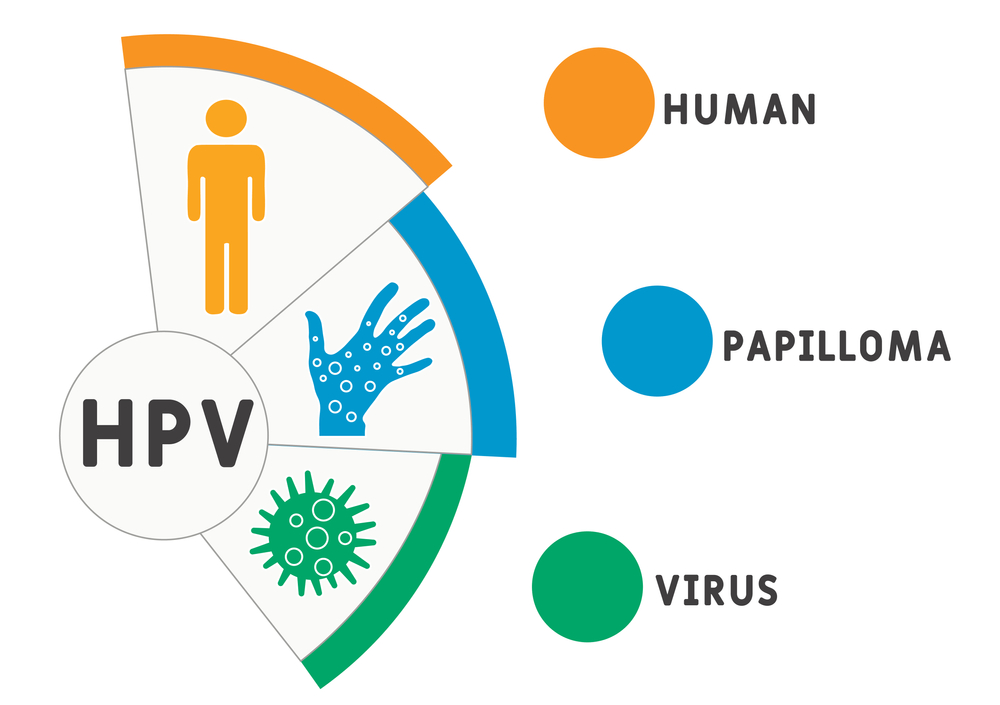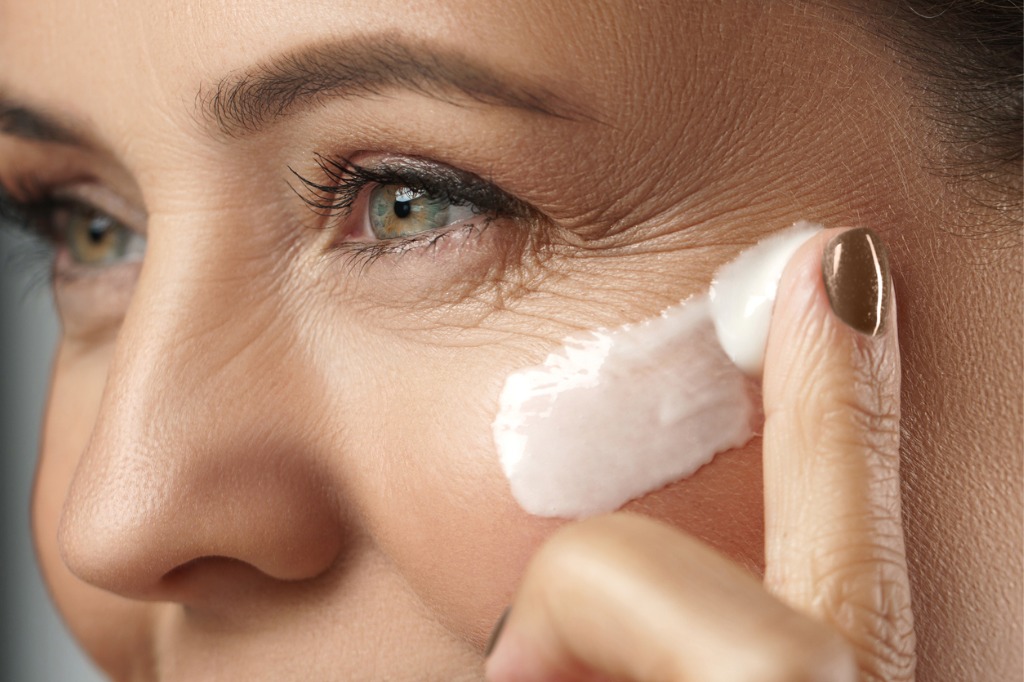Human Papillomavirus (HPV) is a common virus with over 100 different strains, some of which can significantly impact oral health. While HPV is often associated with conditions like genital warts or cervical cancer, its effects on the mouth and throat are increasingly being recognized. This blog will delve into the HPV effects on oral health, providing a comprehensive overview of how the virus affects the oral cavity, answering frequently asked questions, and discussing prevention and treatment strategies.
What is HPV?
HPV, or human papillomavirus, is a collection of viruses that can affect the skin and mucous membranes in humans. It is recognized as the most prevalent sexually transmitted infection (STI) worldwide. While many HPV infections are harmless and resolved on their own, certain high-risk strains can lead to serious health issues, including cancers of the cervix, anus, and oropharynx (the middle part of the throat).
How Does HPV Affect Oral Health?
The HPV effects on oral health are often underappreciated, yet they can be significant. HPV can infect the mouth and throat, leading to conditions such as oral warts, benign growths, and, in more severe cases, oropharyngeal cancer.
Symptoms of Oral HPV
Oral HPV may not always cause noticeable symptoms, making it difficult to detect without proper screening. However, some common symptoms include:
- Sores or Lesions: Persistent sores in the mouth or throat that do not heal can be a sign of HPV infection.
- Difficulty Swallowing: If the infection spreads to the throat, it can cause discomfort or difficulty when swallowing.
- Hoarseness or Changes in Voice: HPV in the throat may lead to changes in voice or chronic hoarseness.
- HPV Bumps on the Tongue: These can appear as small, flesh-colored growths.
If you are concerned about this, you might want to check out the blog: Main Causes of HPV Bumps on the Tongue.
Who is at Risk?
Anyone who is sexually active can contract HPV, but certain behaviors and conditions increase the risk of oral HPV. These include:
- Engaging in Oral Sex: This is the primary route of transmission for oral HPV.
- Weakened Immune System: People with weakened immune systems are at a higher risk of acquiring HPV infections.
- Tobacco and Alcohol Use: These substances can increase the risk of developing HPV-related oral health issues, particularly cancer.
HPV and Oral Cancer
One of the most serious HPV effects on oral health is the increased risk of oropharyngeal cancer. HPV is now recognized as a major cause of cancers in the back of the throat, including the base of the tongue and tonsils. Unlike other oral cancers, which are more commonly linked to tobacco and alcohol use, HPV-related oropharyngeal cancers are becoming more prevalent, especially among younger individuals and non-smokers.
Diagnosis and Screening
Diagnosing oral HPV can be challenging, especially since many infections are asymptomatic. Routine dental check-ups are essential for identifying early detection. Dentists can often spot unusual growths or lesions during a routine exam. In some cases, a biopsy may be necessary to determine if a lesion is related to HPV.
If you are experiencing symptoms such as persistent mouth sores, bumps on the tongue, or difficulty swallowing, it is important to consult with a healthcare professional. Early detection is key to managing the HPV effects on oral health effectively.
Preventing HPV Infections
Prevention plays a critical role in reducing the HPV effects on oral health. Here are some strategies to help lower the risk of acquiring oral HPV:
- HPV Vaccination: The HPV vaccine is highly effective in preventing infections with the most dangerous strains of the virus. It is recommended for pre–teens, but it can also be given to young adults up to age 26. Some guidelines now suggest that even older adults may benefit from the vaccine, especially if they are at risk.
- Regular Screenings: Regular dental visits and oral cancer screenings can help catch any early signs of HPV-related issues.
- Avoid Tobacco and Limit Alcohol: These substances can increase the risk of developing HPV-related oral health problems, including cancer.
Treatment Options for Oral HPV
There is no cure for HPV, but the symptoms and HPV effects on oral health can be managed. Treatment depends on the specific issues caused by the virus:
- Oral Warts: These can sometimes be removed surgically or treated with topical medications.
- Pre-cancerous Lesions: In cases where HPV has caused abnormal cell growth, treatment may involve laser therapy, cryotherapy (freezing the lesions), or surgical removal.
- Oropharyngeal Cancer: Treatment typically involves a combination of surgery, radiation therapy, and chemotherapy. Early detection is crucial for the best outcomes.
For those dealing with HPV bumps or other related symptoms, it is essential to understand the potential treatment options for an HPV bump.
Frequently Asked Questions (FAQs)
1. What are the common signs of oral HPV?
Oral HPV may cause small warts or HPV effects on oral health, sores that do not heal, and changes in voice. However, many people with oral HPV have no symptoms.
2. Can oral HPV be cured?
There is no cure for HPV itself, but the symptoms, such as oral warts or lesions, can be treated. It is essential to manage the HPV effects on oral health through regular monitoring and treatment.
3. How can I reduce my risk of acquiring oral HPV?
You can lower your risk by getting the HPV vaccine, practicing safe sex, and avoiding behaviors that increase your risk, like tobacco and excessive alcohol use.
4. What should I do if I notice a bump on my tongue?
If you notice a bump on your tongue or other unusual symptoms, it is important to consult with a healthcare provider. They can help determine the cause and discuss potential treatment options for HPV bumps.
5. Can HPV cause oral cancer?
Yes, certain high-risk strains of HPV can lead to oropharyngeal cancer, which affects the throat, base of the tongue, and tonsils. This is one of the most serious HPV effects on oral health.
6. Is oral HPV contagious?
Yes, oral HPV can be transmitted through oral sex, or other close contact involving the mouth. Practicing safe sex and avoiding high-risk behaviors can help reduce the spread of the virus.
7. What role does the immune system play in HPV infections?
A strong immune system can often clear HPV infections naturally. However, a weakened immune system can lead to persistent infections, increasing the risk of complications, including those that affect oral health.
8. Can lifestyle changes impact HPV-related oral health?
Yes, lifestyle changes such as quitting smoking, reducing alcohol consumption, and maintaining a healthy diet can improve your overall health and reduce the HPV effects on oral health.
In A Nutshell
Understanding the HPV effects on oral health is crucial for preventing and managing the complications associated with this common virus. By staying informed, practicing good oral hygiene, and taking preventive measures like vaccination, you can significantly reduce your risk of serious oral health issues linked to HPV. Regular dental check-ups and open communication with your healthcare providers are key components in managing your oral health effectively.




